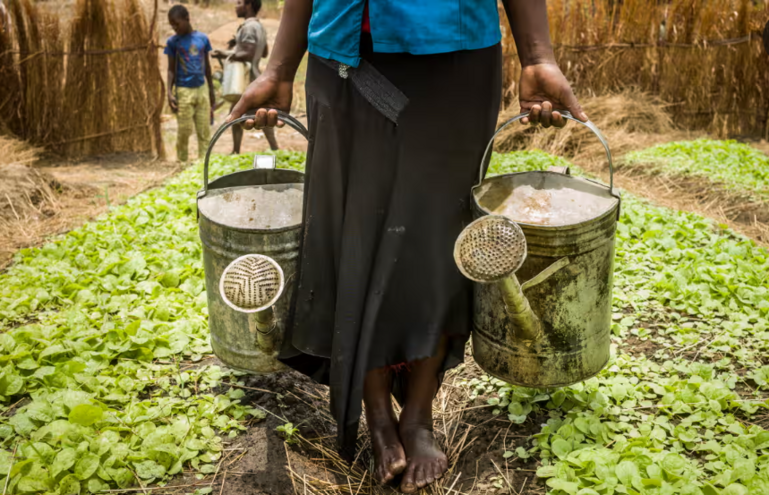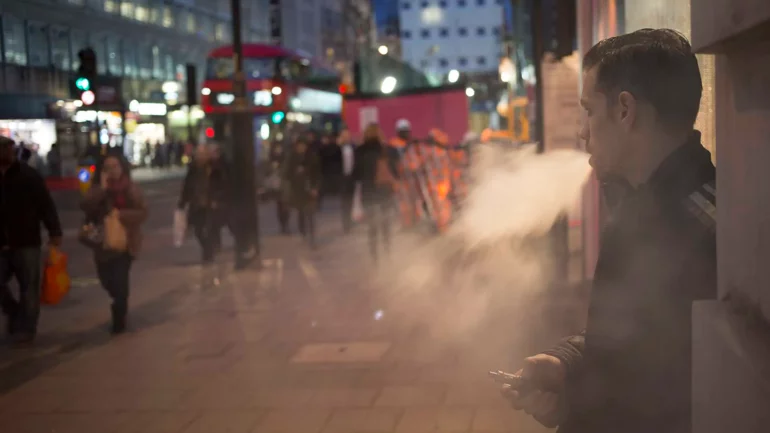Seen elsewhere
STOP. - Tobacco Slave
Discover more Seen elsewhere

Consommation de tabac chez les personnes LGBTQIA+ en Suisse
Le tabagisme et la consommation de nicotine au sein des groupes de population LGBTQIA+ (lesbiennes, gays, bisexuels, transgenres, queer, asexuels et autres minorités sexuelles et de genre) sont des sujets de préoccupation majeure en santé publique. Les recherches épidémiologiques montrent que ces populations ont des taux de tabagisme plus élevés que leurs homologues hétérosexuels et cisgenres. Dans le contexte helvétique, un rapport du Conseil fédéral datant de 2022 souligne l’importance d’être proactif en la matière et plus généralement sur les questions de santé des personnes LGBT (Confédération Suisse, 2022).

Smoking is a social justice issue
Due to heavy marketing from the tobacco industry, our smoking rate is higher than the general population, and LGBTQ+ people of color experience even higher rates. Menthol tobacco products have been heavily marketed in low-income, people of color, and LGBTQ+ communities. Stress, discrimination, and a lack of access to competent healthcare play a big role in keeping us hooked to these products.

LGBT+ young people smoke and vape
New Truth Initiative® research finds that a higher proportion of lesbian, gay, bisexual, and transgender young people used cigarettes and e-cigarettes in 2021 compared to their non-LGBT+ peers, showing that disparities in tobacco use among LGBT+ young people persist and have crossed over to the e-cigarette products most popular with young people today.

The Guardian - Malawi child labour case
Two big UK tobacco companies have failed to persuade the high court to strike out a case against them that alleges they are responsible for the exploitation of Malawian farming families and child labour in their drive for profits.

Human rights and global tobacco control
According to the World Health Organization ( WHO ), tobacco kills nearly six million people a year, including more than 600,000 non-smokers exposed to second-hand smoke.

Assessing the links between human rights
Increasingly, international health bodies frame public health measures, including tobacco control, in the context of human rights (HR). It is unclear how prevalent is the connection between human rights and tobacco control within global health governance. This paper describes the inclusion of HR in tobacco control governance, and the inclusion of tobacco control in HR treaty oversight. We depict the current reach of HR’s normative influence in framing the tobacco epidemic in global, regional, and country-specific contexts.

Big Tobacco’s campaign generational smoking ban
By making legal threats and lobbying politicians, the tobacco industry worked to undermine a radical new bill to create a “smoke free” generation, documents show.

“Keep it a secret”: Leaked Documents Suggest
The tobacco industry has a long history of manipulating science to conceal the harms of its products. As part of its proclaimed transformation, the world’s largest tobacco company, Philip Morris International (PMI), states it conducts “transparent science.” This paper uses recently leaked documents from PMI and its Japanese affiliate, Philip Morris Japan (PMJ), to examine its contemporary scientific practices.

Big Tobacco’s Global Reach on Social Media
The tobacco industry says it no longer tries to hook new generations of smokers. So what’s behind the legions of beautiful young people in smoking, vaping and partying posts with the same hashtags?

Teens still seeing illegal vape adverts, and buying online
An anti youth-vaping advocate says the government needs to do more to stop advertisers from illegally targeting children. A University of Auckland study found youth aged between 14 and 17 - especially Māori and Pasifika teens - were more likely to see vaping ads than those aged 18 to 20.Researchers surveyed more than 3500 people aged between 14 and 20.

Millions of young people exposed to vape posts...
Report claims posts promoting smoking alternatives have been viewed more than 3.4bn times across social media

Tobacco Industry Ads Generate Billions of Views...
New report details how Philip Morris International and British American Tobacco reach young people on social media – nearly half of audience is under 25

How the tobacco industry targets young people to...
This year’s World No Tobacco Day (WNTD) focusses on the tobacco industry’s continued targeting of young people, whose addiction to nicotine will help ensure the industry’s on-going profitability.

10 Really Bad Things the Tobacco Industry Has Done...
Tobacco companies have decades of experience marketing their products to kids and teens. From ad campaigns to product placement to cartoon characters, Big Tobacco has spent big bucks on getting kids to start smoking.

World No Tobacco Day 2024: protecting children from
31 May is the World No Tobacco Day (WNTD). This year, once again, WHO and public health champions from across the globe will come together to raise awareness about the harmful influences of the tobacco industry on youth.

Philip Morris: Tobacco giant ordered to compensate Australia
Tobacco giant Philip Morris has been ordered to pay the Australian government millions of dollars after unsuccessfully suing the nation over its world-first plain-packaging laws.

Les "puffs", le nouveau piège de l'industrie de la nicotine
Les "puffs", ces cigarettes électroniques jetables aux goûts sucrés et fruités déferlent dans nos kiosques et rendent nos jeunes accros à la nicotine. Deviendront-ils plus tard des fumeurs de cigarettes au tabac? C'est ce que redoute l'Organisation mondiale de la santé. L'enquête de Temps Présent.

Global Tobacco Industry Interference Index 2023
In the latest Global Tobacco Interference Index 2023, Switzerland comes in second-last place once again (89/90), only just ahead of the Dominican Republic. Due to the larger number of countries included in the index, Switzerland has dropped another 10 places. This illustrates once again that the tobacco industry's influence on politics in Switzerland remains undiminished and continues to prevent effective tobacco control that protects people from tobacco's deadly products.

STOP THE LIES - Tobacco exposed 2023
The tobacco industry threatens not only public health, it also causes economic strain and next generation addiction. It seeks to sabotage health policies, affects the environment in negative ways, and its dirty money buys influence, promotes misleading narratives, takes advantage of loopholes and pays for tactics to sabotage tobacco control.

City birds use cigarette butts to smoke out parasites
Stuffing cigarette butts into the lining of nests may seem unwholesome. But a team of ecologists says that far from being unnatural, the use of smoked cigarettes by city birds may be an urban variation of an ancient adaptation.

Study shows cigarette butts leak deadly toxins into the environment
Cigarette filters are the world's most common form of litter. Researchers from the University of Gothenburg can now show that the filters leak thousands of toxins and plastic fibers that are toxic to aquatic larvae.

Cigarette filters are the No.1 plastic pollutant … and don’t prevent cancer
Plastic straws and bags have received widespread attention as pollutants. But another, even bigger, plastic problem has been slipping under the radar – cigarette filters. Cigarette butts containing plastic filters are the most littered item in the world.

Cigarette butts are toxic plastic pollution. Should they be banned?
Trillions of cigarette butts are thrown into the environment every year, where they leach nicotine and heavy metals before turning into microplastic pollution.

EU ban on microplastics stubs out cigarette butt pollution
Since May 2018, the EU has been trying to tackle the top 10 types of litter found on Europe’s beaches – the second most common being cigarette butts. As part of the European Strategy for Plastics in a Circular Economy, it introduced a major directive aiming to phase out unnecessary single-use plastics.

Uncovering the Truths Behind the Tobacco Industry’s...
Here are some hard truths about tobacco from the World Health Organization (WHO): Tobacco use is responsible for over eight million deaths globally every year.